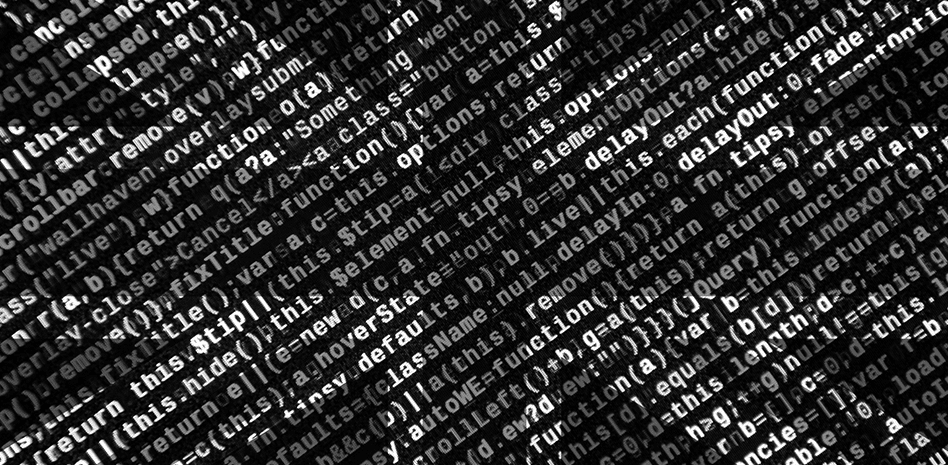Join our CEO – Eliza-May Austin, a seasoned leader with extensive experience in the field – as she dives into some of the most challenging topics in cyber security. Unlike many books written by authors who simply enjoy writing, Eliza brings her real-world expertise and senior leadership perspective to the table, providing honest and insightful reviews of the texts she has tackled.
In Eliza’s Cyber Security Book Club, you’ll gain valuable perspectives from a true practitioner and leader. So grab a cuppa, get ready to explore cyber security like never before, and embark on a journey through the most critical issues in the field.
"Black Hat Python: Python Programming for Hackers and Pentesters" by Justin Seitz.
The first time I picked this book up was in 2015, it was new out and there was loads of buzz about it. As I needed an excuse to maintain my poor Python skills I thought I’d take a whack at it. I very quickly gave up the book, this thing gave me flashbacks to sitting in Python programming classes at university. This book has been staring at me ever since!
It’s not the book’s fault I’m rubbish with code so before giving it away I thought I’d take one last shot, years on, with zero Python programming skills left in me for the purpose of this review. I should really be fair!
And yep…I was right. I am just not the target audience for this book.
On an objective level this book offers solid insights into hacking tools, how they function, why an attacker might want to make a keylogger for example and how to set about doing that and the screenshots are super helpful (i imagine). But I struggled to maintain focus.
Because I wanted to be fair about this book and not simply liken it to chewing on butterless dry toast I decided to break my usual protocol of book reviews and ask one of my team members. Jan is a pentester here at th4ts3cur1ty company, has also read it and had this to say about it…
“Overall a good book that walks you through building tools. capabilities and more by doing. The only issue is that this was created during the time of Python2, which has been deprecated since 1st Jan 2020. Any code you write will need to be modified and tested using Python3 if you want to use it outside of a lab environment. There is a 2nd edition named Black Hat Python, 2nd Edition: Python Programming for Hackers and Pentesters by Justin Seitz and Tim Arnold that has been updated to use Python3 (April 2021)” – Jan Masters, Penetration Tester at TSC.
"Black Hat Python: Python Programming for Hackers and Pentesters."
So, on a scale of 1 to 5 , what do I rate Black Hat Python?
A 2/5 for its purpose of being useful for the right target audience.
This book has a reputation of its own, it’s well loved and a lot of penetration testers own a copy, so I don’t feel too bad about giving this book a 2/5. It’s not a bad book, i’m just personally highly allergic to it. The sight of it on my shelf gives me hives and I’ll therefore be giving it away to a member of my team.
I’d recommend this to people already proficient in Python or any object oriented programming language frankly, someone who understands penetration testing, even someone inexperienced but with a drive to step away from tools and pentest operating systems to instead engage in the process of creating custom code for the purpose of offensive security practice.
Technical rating: 4/5
Experience rating: 4/5
Seniority required: 1/5







